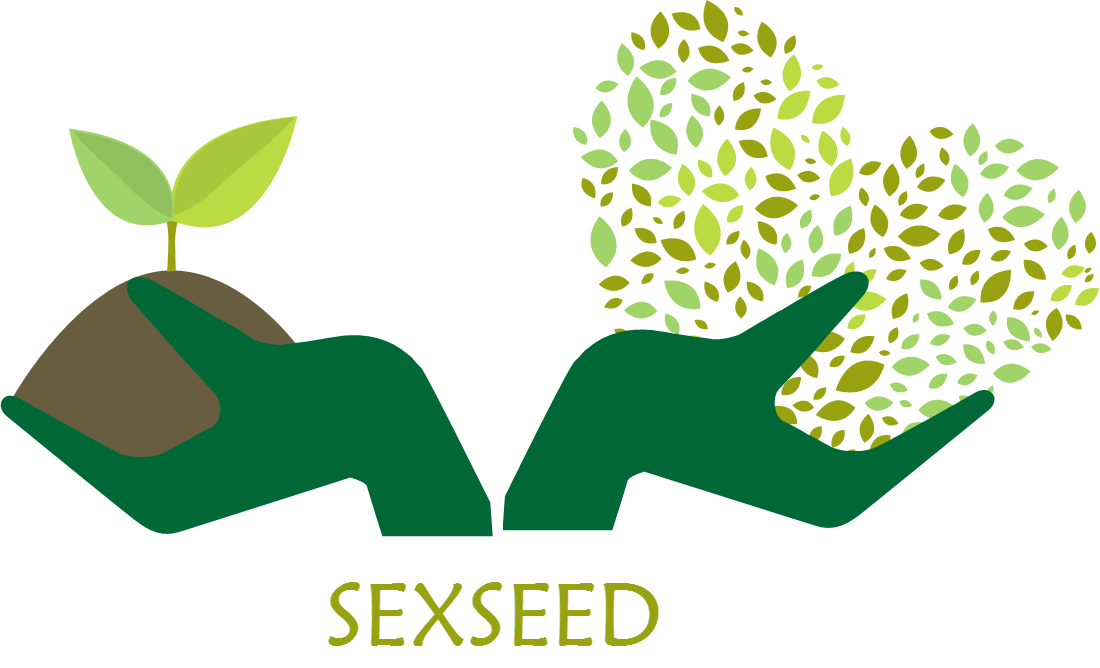
NATIONAL UNIVERSITY OF IRELAND – GALWAY

NUI Galway is the coordinator of WP6 (Epigenetics in seed formation). NUI Galway ranks among the top 2% of Universities in the world.
general
NUI Galway has a prestigious history which spans almost two centuries. Their global network connects NUI Galway to partners around the world. NUI Galway has a vibrant research ecosystem at their university. This dynamic community attracts researchers, academics, entrepreneurs and students of the highest caliber.
NUI Galway has been awarded the Excellent International Student Satisfaction Award 2015 and also ranked 2nd in Ireland for the International Student Experience. A number of NUI Galway researchers have been included among the most "influential names in science", according to Thomson Reuters.
DEPARTMENT FROM NUI Galway INVOLVED IN THE PROJECT
Prof. Charlie Spillane's Genetics & Biotechnology research lab is a molecular genetics research group conducting both fundamental and applied research on topics of genetic, epigenetic and/or biotechnological interest, using a combination of wet-lab and bioinformatic approaches.
The lab conducts genetics research on both plant and animal systems, with a particular focus on harnessing the power of model genetic organisms such as Arabidopsis thaliana. Spillane’s group also has research interests in science policy & communication, particularly in relation to the application of science and biotechnologies for meeting needs in developing countries.
In 2011, Prof. Spillane established the Plant and AgriBiosciences Centre (PABC) to foster innovation and collaborative ventures between public and private sector researchers/institutes in Ireland, and internationally.
The Genetics and Biotechnology Lab at the Plant and AgriBiosciences Research Centre in NUI Galway is extensively engaged in genetic and epigenetic analysis of plant reproduction and seed development. Prof. Spillane's research team's focus is currently on reproduction and seed development in relation to: